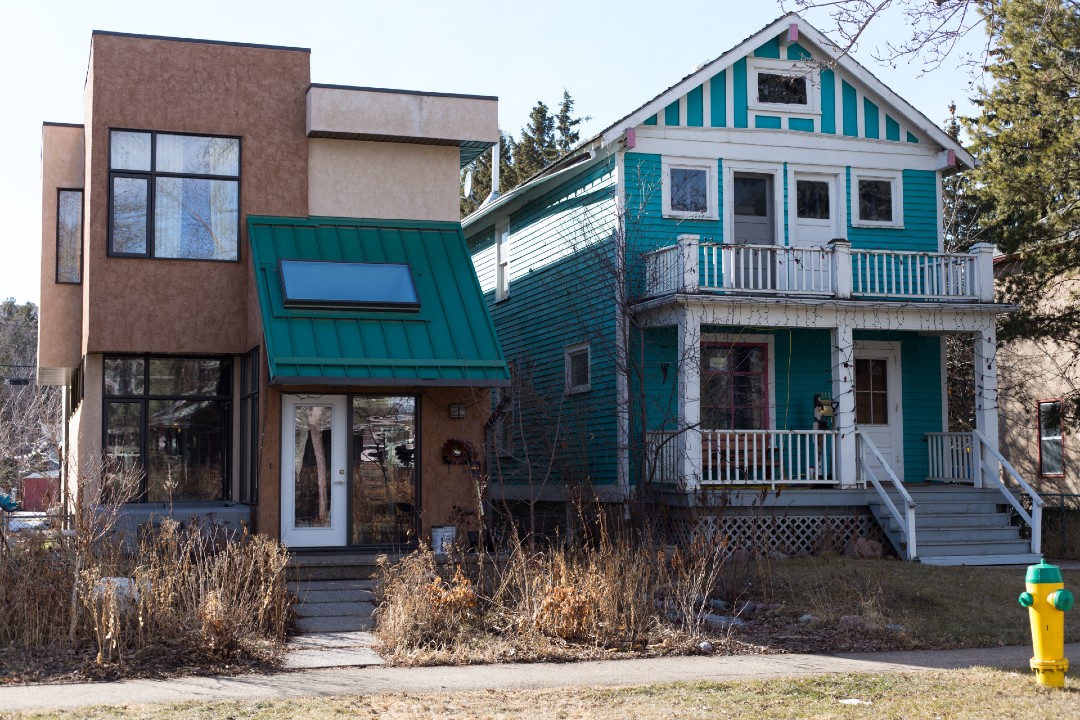
On the agenda: Success metrics, green builds, mental health
City council continues to meet in a hybrid setting to discuss the City Plan, higher energy efficiency standards, and mental health statistics.
There is a community and public services committee meeting scheduled for Feb. 26, an urban planning committee meeting scheduled for Feb. 27, an executive committee meeting scheduled for Feb. 28, and a city auditor recruitment committee meeting scheduled for Feb. 29.
Here are key items on the agenda:
- A report details the 14 goals of the City Plan and establishes baselines to measure success. Goals include keeping the city's net carbon emissions under 135 million tonnes and being net-neutral by 2050. But the report suggests that, at the city's current rate, the carbon budget will deplete by 2037, 13 years ahead of schedule. Another goal is to welcome 600,000 new residents into Edmonton's redeveloping area, generally defined as inside Anthony Henday Drive. The current baseline population is about 811,000. One goal aims to have 50% of resident trips made using transit and active transportation; the baseline is 15%, a measurement from 2015. The city said the percentage has remained stable over the last 30 years, requiring "different and transformative approaches." The goals also include ensuring no one is in core housing need, meaning their housing is an appropriate size and costs less than 30% of their pre-tax income. The baseline for those in core housing need is a 2016 measurement, when nearly 50,000 residents faced such a challenge.
- The city is limited in enforcing higher energy efficiency standards due to recent amendments to provincial legislation, but it can encourage and incentivize builders, according to a report going to an urban planning committee meeting. In June 2022, council asked administration to investigate ways the city could require more energy savings than the federal building code. The most recent federal codes include five tiers, which gradually decrease in energy consumption to net zero; provinces choose what tier to require. Alberta is set to adopt the first, least efficient tier on May 1. The city said it could work with stakeholders to advocate for higher tiers and explore incentives for greener builds. While the city's ability to require more stringent regulations is limited, it said it will outline opportunities in planning and development for climate action. Council is scheduled to receive a report on this approach in the next quarter.
- About 35,000 people visited an Edmonton emergency room for addiction or mental health reasons between 2022 and 2023, according to a report to be reviewed at a community and public services committee meeting on Feb. 26. According to the report, nearly 5,000 people were admitted to inpatient addiction and mental health services between 2022 and 2023, a 20% increase compared to between 2019 and 2020. The report also notes that more than 1,200 people accessed detox and recovery services and 1,500 people accessed the opioid dependency program in Edmonton between 2022 and 2023. The report said there are 384 detox and recovery beds in the city.





